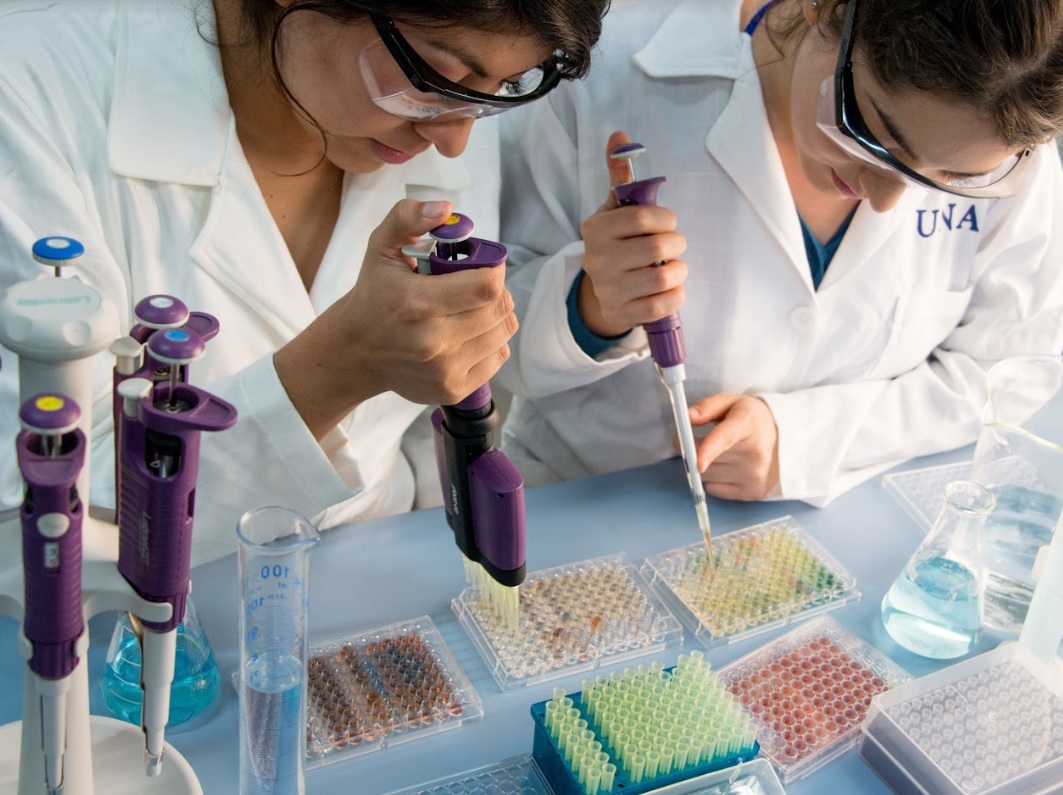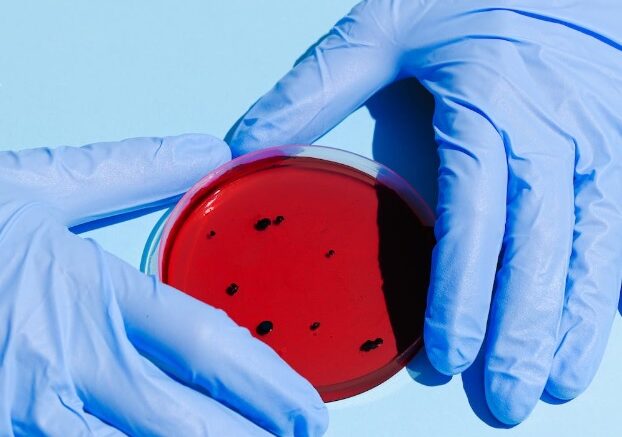Have you ever found yourself wondering what kind of equipment is needed to run basic laboratory tests? If so, you’re in the right place! We are going to take a look at what kind of instruments, materials, and supplies will be important for a successful laboratory experiment. From temperature checkers to microscope slides and protective eyewear, this guide will provide key information on what tools are necessary when conducting standard lab tests. Additionally, advice will also be offered on how to get the most out of your laboratory test results. With answers provided for all your questions about running basic laboratory experiments – keep reading to find out more!
Pipettes and Dispensers: Precise Measurement and Transfer of Liquids
In any laboratory, precise measurement and transfer of liquids are of utmost importance. Pipettes and dispensers are two essential tools that are commonly used to ensure accurate results. However, the quality of the lab pipette tips used can make all the difference. Good high quality plastic lab pipette tips are durable, resistant to chemical compounds, and can reduce any risk of contamination. Investing in good-quality pipette tips is crucial for researchers and scientists who want to ensure that their experiments and results are as accurate as possible. With the right tools, any scientific investigation can yield reliable results that can ultimately lead to groundbreaking discoveries in the field.
Laboratory Glassware: Essential Containers for Mixing, Heating, and Holding
Laboratory glassware holds a paramount place in the arena of scientific experiments. These containers, ranging from beakers, flasks, and test tubes to Petri dishes, are indispensable for mixing, heating, and holding various substances. Made from durable materials like borosilicate glass, lab glassware can withstand high temperatures and chemical reactions, providing long-term usage and reliability.
Beakers allow for rough measurements and mixing, while flasks are perfect for heating or boiling solutions. Test tubes are used for smaller, more precise experiments, and Petri dishes are ideal for growing cultures. Therefore, having a comprehensive set of laboratory glassware, suitable for different tasks, is crucial to maintaining the versatility and efficiency of your laboratory work.
Incubators
Incubators hold a vital role in laboratory experiments, particularly when it comes to culturing microorganisms or cells. These devices provide a controlled environment where temperature, humidity, and often CO2 levels can be precisely regulated. This controlled environment is crucial for fostering the growth of bacteria, yeast, and other cell cultures, as it recreates the conditions these microorganisms would typically experience in their natural habitats.

Incubators come in a variety of sizes and types, including bacteriological incubators, CO2 incubators, and shaking incubators, each designed to meet specific research needs. Thus, an incubator is an indispensable tool in any lab engaged in microbiological studies or cell culture work, enabling scientists to conduct their experiments under optimal conditions and achieve accurate and reliable results.
Hot Plates and Stirrers
Hot plates and stirrers are pivotal tools in laboratory settings, facilitating controlled heating and mixing of substances. Hot plates provide a heat source in the absence of open flames, reducing risks associated with fire hazards, and making them a safer choice for the lab environment. They are used to heat samples and reagents to the required temperatures, and the temperature control allows for precise, steady heating.
Stirrers, on the other hand, are essential for maintaining homogeneous solutions by ensuring constant stirring. Some devices are even equipped with both hot plate and magnetic stirrer functions. These combined units allow samples to be heated and stirred simultaneously, increasing efficiency in the laboratory.
Conclusion
In conclusion, having the right equipment is key to successful and accurate laboratory experiments. From pipettes and dispensers for precise measurement of liquids to hot plates and stirrers for proper heating and mixing, many tools must be taken into consideration when conducting lab tests. With high-quality equipment, you can ensure your research yields reliable results – all while staying safe in the laboratory.
